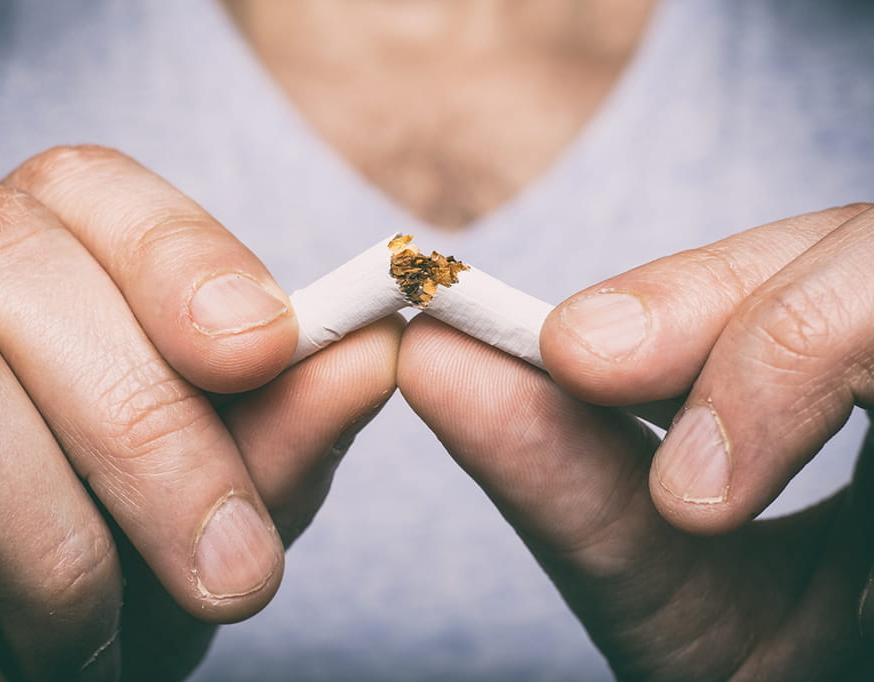Health Info
ADVANTAGES OF QUIT SMOKING
03/05/2023
 In the first days and weeks when you quit smoking, the emotional ups and downs could feel like a rollercoaster ride. Making big changes in your life can naturally lead to heightened emotions.
In the first days and weeks when you quit smoking, the emotional ups and downs could feel like a rollercoaster ride. Making big changes in your life can naturally lead to heightened emotions.
Some people describe giving up smoking as feeling like you’re losing a friend. As long as you understand that this is just a stage and what you’re feeling is normal, you can ride through the hard times and settle into feeling more confident without cigarettes.
Knowing how quickly you will recover with quitting can help:
- Within six hours your heart rate will slow and your blood pressure will become more stable.
- Within one day your bloodstream will be almost nicotine free, the level of carbon monoxide in your blood will have dropped, and oxygen will be reaching your heart and muscles more easily.
- Within one week your sense of taste and smell may have improved.
- Within three months you will be coughing and wheezing less, your immune function and circulation to your hands and feet will be improving, and your lungs will be getting better at removing mucus, tar and dust.
- Within six months your stress levels are likely to have dropped, and you are less likely to be coughing up phlegm.
- After one year your lungs will be healthier and breathing will be easier than if you’d kept smoking.
- Within two to five years your risk of heart disease will have dropped significantly (and will continue to do so over time).
- Within five years, a woman’s risk of cervical cancer will be the same as if she had never smoked.
- After 10 to 15 years your risk of lung cancer will be half that of someone of a similar age who keeps smoking.
- After 20 years your risk of heart attack and stroke will be similar to that of someone who has never smoked.





